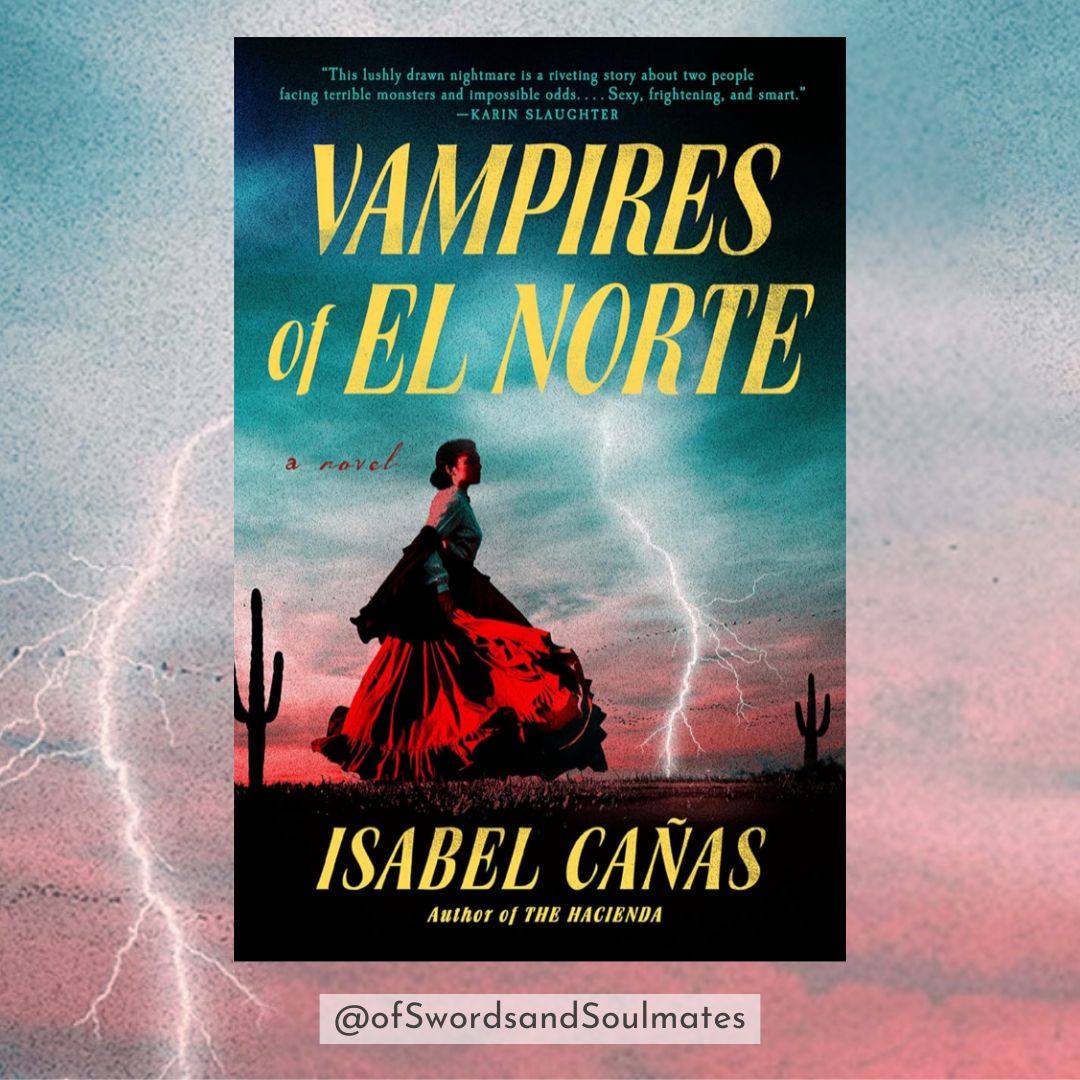Episode Forty Three
Love might not stop a war, but it can teach you how to survive one. We head to the 1840s Texas–Mexico border for a deep dive on Vampires of El Norte—a gothic western where a curandera’s courage, a vaquero’s haunted past, and a community’s quiet wisdom collide with empire, folklore, and the brutal math of power. We talk about what the jacket copy promises versus what the story actually delivers: less monster mania, more human menace; vampires as instruments of occupation; and a romance built on competence, care, and the hard work of choosing each other.
Kelly unpacks the Mexican–American War and why the frontier wasn’t empty but contested—shaped by unstable governance, predatory expansion, and everyday people forced to pick up arms. Mari and Ashley trace how the book re-centers the western around women’s networks and practical magic—salt in a saddlebag, a healer’s steady hands, a willingness to learn the rules so you can break them. JP asks for more supernatural lift and we explore that tension: when restraint in horror serves realism, and when readers crave a bolder turn. Along the way we cover narration choices, code-switching that feels organic, and why this prose lands like poetry without ever getting purple.
If you’re here for romance, we make the case that this is absolutely a kissing book—the kind where teaching someone to read is as intimate as a kiss, where decapitating a threat to save your partner is an act of love, and where the ending’s “happy for now” feels honest in a world still ruled by men with guns and ledgers. Expect talk of colonialism, patriarchy, colorism, found family, and one unforgettable look across the water that leaves room for mystery.
If you enjoyed this conversation, follow the show, share it with a friend who loves gothic romance, and leave a quick review so more readers can find us. Your recs drive our next picks—what frontier tale should we explore next?
Vampires of El Norte by Isabel Cañas
Goodreads | Amazon

Our Thoughts
Our Thoughts on the book.

“I probably would have preferred to read it, but then I probably would have gotten all the words wrong, you know, in hindsight. But I I think hearing the tones and hearing the the inflections of speech and hearing the passion”


“It was I thought what I found really appealing was the way they told the story in like so I didn’t lose sight of the idea that they were like what was it, like 1829 or something like that?”


“I really like this book. I I don’t think I’ve ever read a Western that I can remember. I remember liking watching Westerns, but I don’t think I’d ever read a Western.”


“think that the book was interesting and that it blended a lot of the historical events about essentially the Mexican-American War into the background of the book and used it.”
